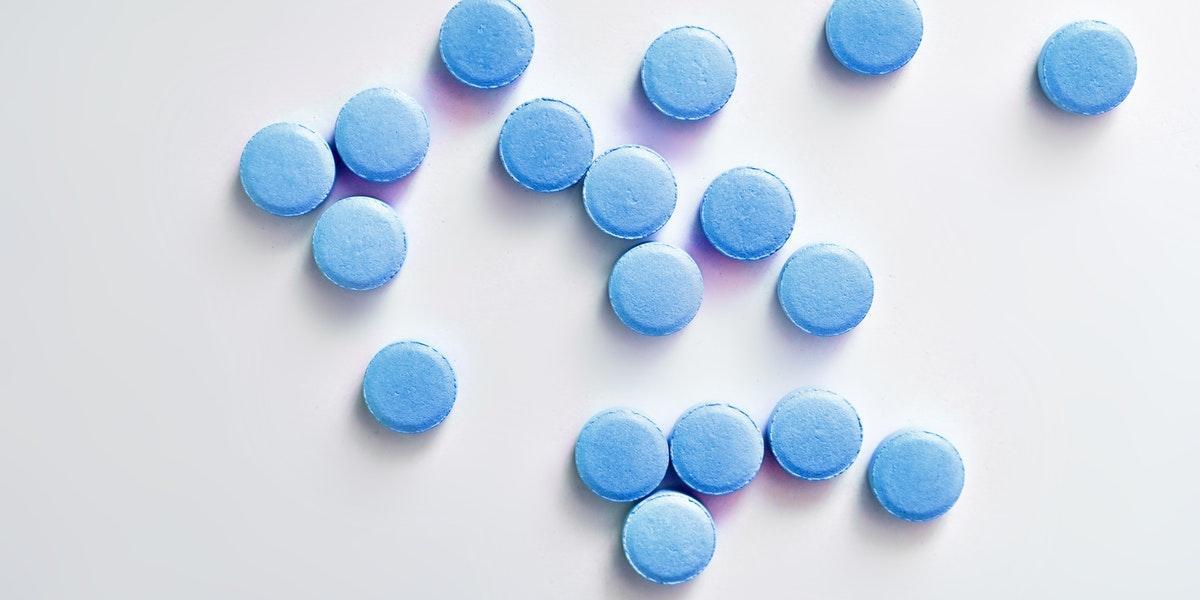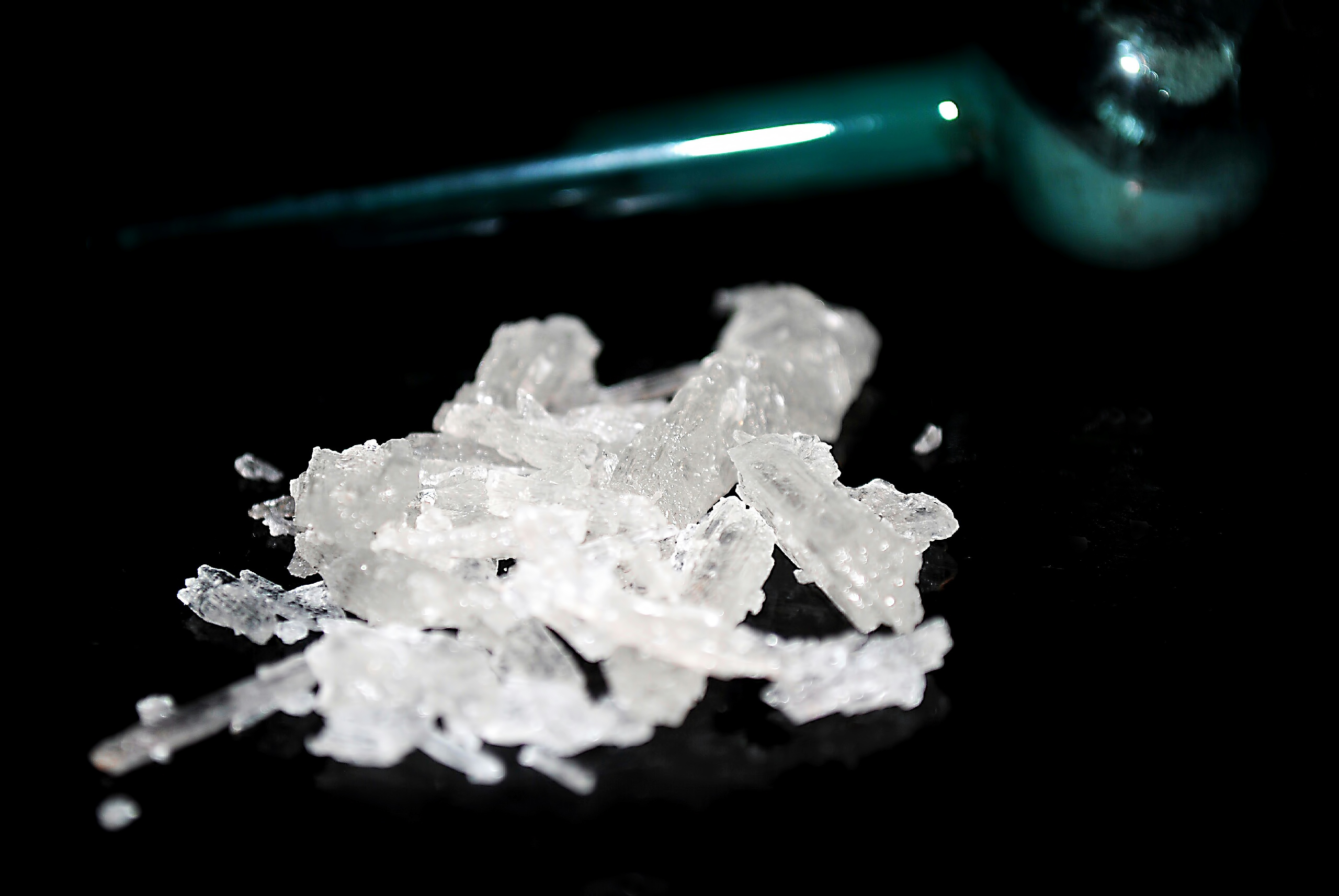During treatment for substance use disorder (SUD), you will experience situations that trigger cravings and intrusive thoughts about abusing substances. Thinking about relapse is a normal part of recovery, and treatment provides a safe space where you can develop skills to cope with stressors.
According to the Yale Journal of Biology and Medicine, “[T]he main tools of relapse prevention are cognitive therapy and mind-body relaxation, which are used to develop healthy coping skills.” Emotional stability is easier to maintain in a structured treatment facility like Newport Beach Recovery Center, where you can rely on peers and your care team to help you navigate recovery.
What Is a Relapse?
Relapse happens gradually and usually involves a stage where you mentally accept the idea of physically relapsing. A single instance of substance abuse during treatment may not be considered a relapse by everyone’s standards. However, the dangers of abusing even once make prevention of all physical relapses a priority at Newport Beach Recovery Center.
The dangers associated with relapse include:
- Overdosing
- Serious injury or illness
- Severe adverse reactions
- Mental health setbacks
We do not judge clients for experiencing a relapse. Our care team understands the realities of addiction and how the symptoms of SUD can sometimes manifest, including through mental or physical deterioration. We will help you get back on track if you experience this setback.
The Different Stages of Relapse
A relapse generally involves more than a single instance of substance abuse. Distinct stages can lead you to fall back into a maladaptive pattern of behavior. In time, most people slowly begin to shift how they think and feel about recovery. Below are brief descriptions of the three main stages of relapse.
Emotional Relapse
At any time, emotional relapse can occur. It is not uncommon to experience this multiple times during early recovery if you struggle with ambivalence and frequent intrusive thoughts about substance abuse. The primary signs of emotional relapse include:
- Increased irritability and negativity
- Less motivated to continue recovery
- Feeling apathetic or negative about the treatment process
Individuals experiencing emotional relapse do not actively consider abusing substances as a viable option. However, it can lead to mental relapse.
Mental Relapse
During a mental relapse, you may actively consider the idea of physically relapsing and returning to familiar maladaptive routines. You can protect yourself by getting help immediately if you notice yourself having these thoughts. Therapy, peer support, and prescription medication can help you cope with stressors and relieve anxiety to a point where you no longer want to relapse. If left unaddressed, physical relapse often follows these types of thoughts.
Physical Relapse
A physical relapse involves one or more instances of substance abuse after a period of abstinence. In the long run, physical relapse can severely affect your mental and physical health, and you should do your best to avoid it. Physical relapse can lead to accidental overdose, injury, or even death. If you feel that you may be on the verge of physically relapsing, reach out to someone in your support system, or follow your safety plan.
How to Decrease the Risk of Relapse During Treatment and Aftercare
Relapse may feel inevitable. However, it does not have to be a part of your recovery. If you use the tools you have and actively work to develop relapse prevention strategies, you have a lower risk of experiencing an emotional, mental, or physical relapse.
Above all, you have control over the choices that you make during treatment and recovery. Your agency allows you to change your path for the better at any point. As stated in the Yale Journal of Biology and Medicine article referenced earlier, you can decrease the risk of relapse by doing the following five things during treatment and aftercare:
#1 Show Yourself Kindness and Compassion
Be kind to yourself, and give yourself permission to ask for support. Stress is the leading cause of relapse, and most people feel stressed due to the pressure they put on themselves during treatment. Show yourself compassion. Set realistic goals for your recovery.
#2 Look Out for Warning Signs of Relapse
Be aware of the warning signs of relapse, and remain vigilant. If you believe you may have emotionally or mentally relapsed, get help from your support system to avoid a physical relapse.
#3 Practice Daily Self-Care
Take care of your physical and emotional needs by practicing regular self-care.
#4 Follow Through With Your Aftercare Plan
Maintain your progress by attending all your treatment appointments and practicing your skill development.
#5 Avoid Places or People that Might Cause You to Relapse
During early recovery, you should avoid returning to social groups and locations associated with past substance abuse. Set firm boundaries with family members who enabled unhealthy behaviors.
You can choose not to slide back into old behaviors or ways of thinking. The symptoms of substance use disorder (SUD) can include intrusive thoughts about using or drinking and intense psychological cravings. One way to avoid relapse is by finding something to keep you moving forward. Achievable goals can give you something positive to focus on, increasing your confidence and self-efficacy. Relapse is not an inevitable part of the recovery process. Individuals with SUD can choose to rely on their resources and coping skills to get through difficult moments. You are not alone in your recovery. The care team at Newport Beach Recovery Center can help you create preventative strategies and set clear boundaries that lower your risk of relapse. To learn more about our treatment programs, call our office today at (855) 316-8740. Our team is here to help you heal from SUD.










